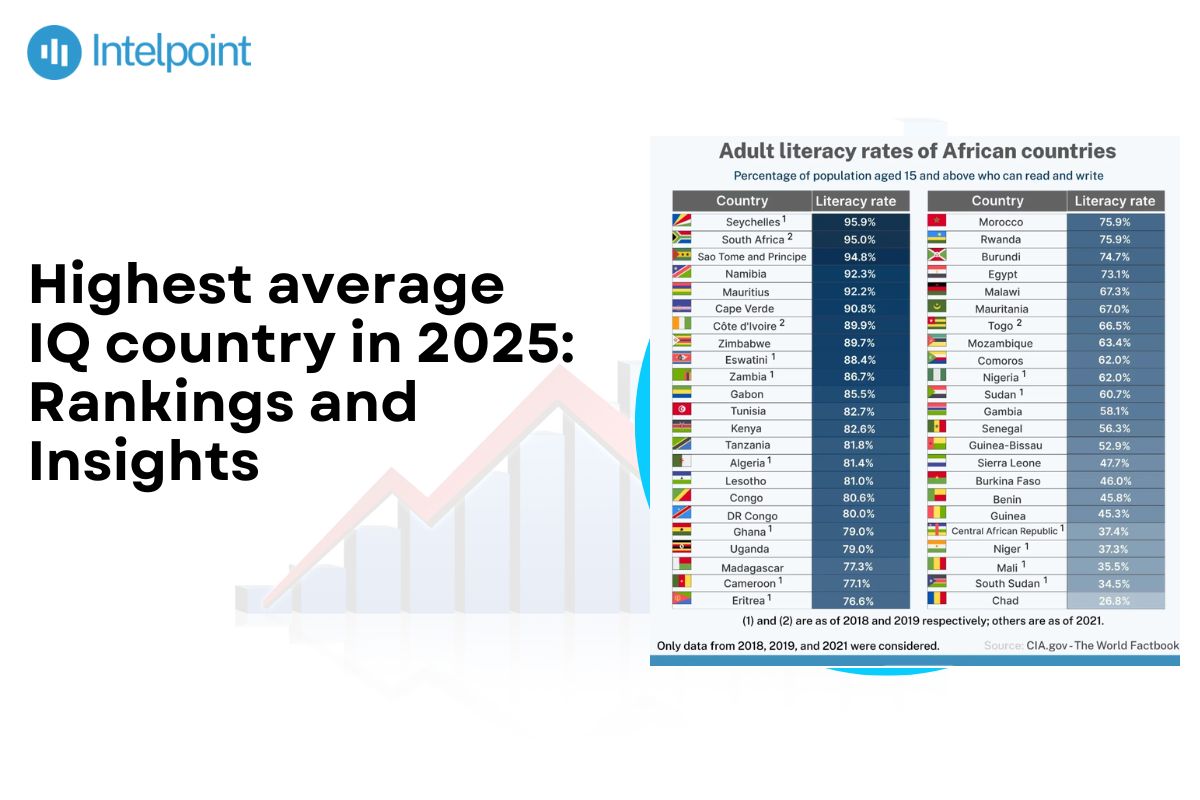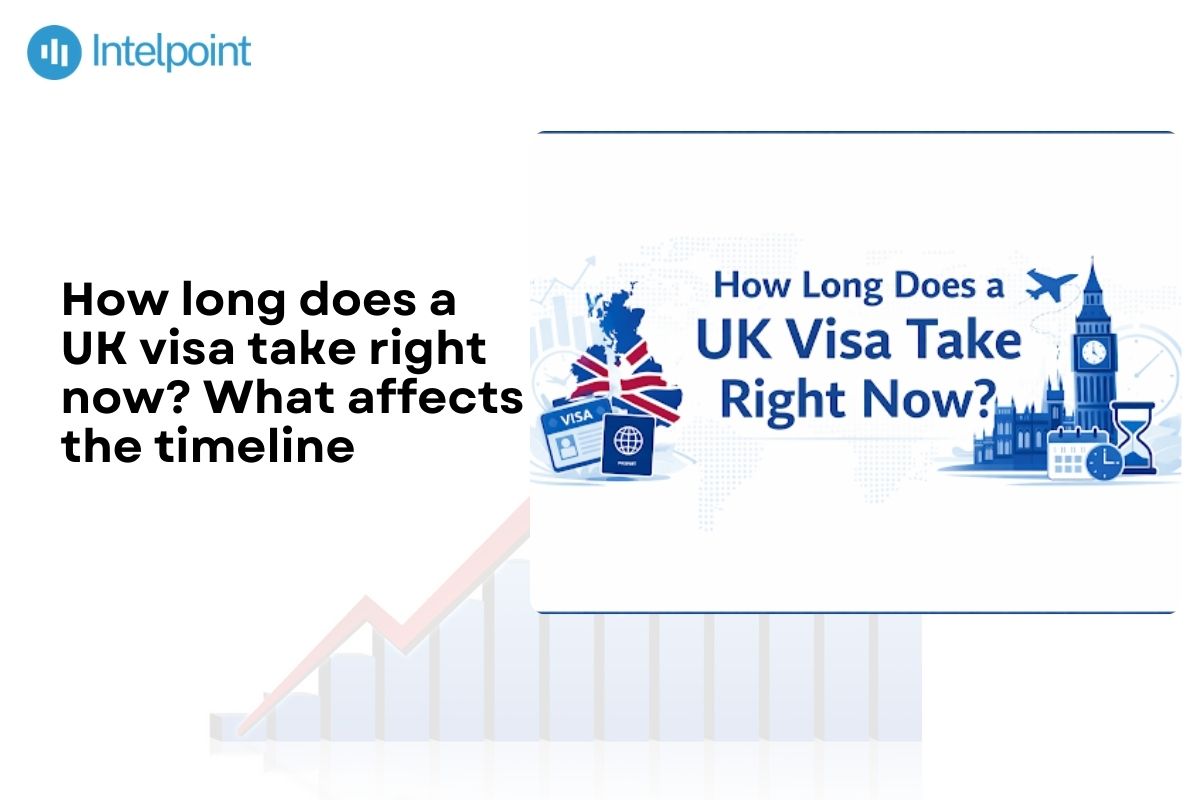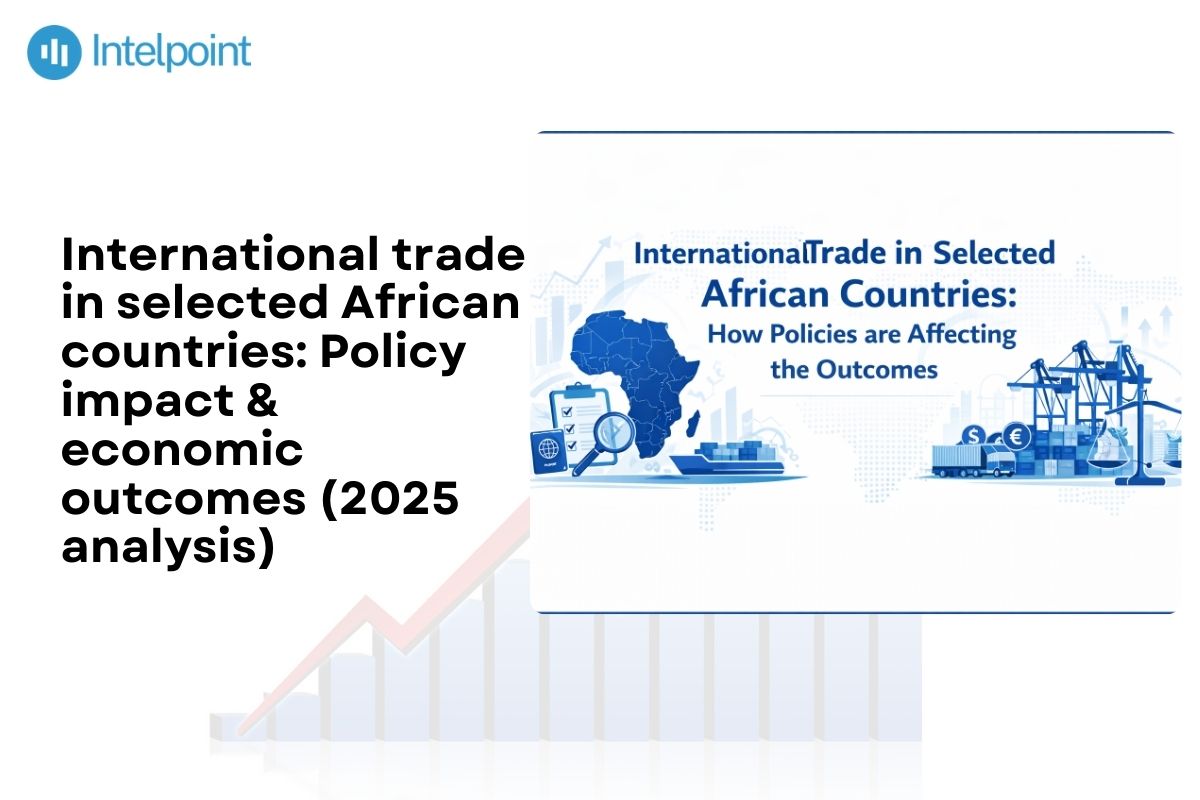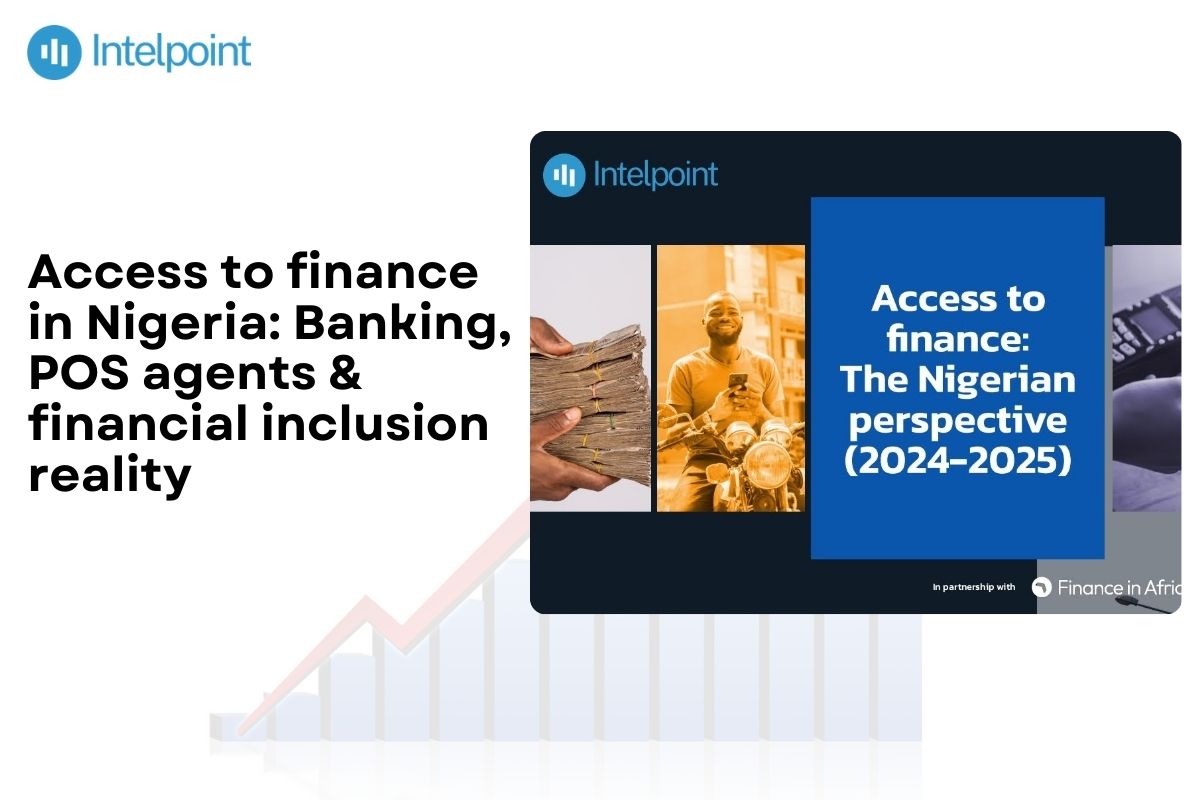The average Intelligence Quotient (IQ) of a country is often used as a rough indicator of its population’s cognitive abilities, which some researchers link to the quality of education, economic productivity, and innovation potential.
Higher national IQ averages are sometimes associated with better academic performance, stronger economies, and improved problem-solving capacity at a societal level.
This article focuses on 10 countries with the highest average IQs, as tracked by global sources such as DataPandas and the World Population Review.
TL;DR: Key takeaways
- Japan ranks highest in average IQ globally, with an average IQ score of 106.48, according to recently updated data from DataPandas on May 20, 2025.
- National IQ is influenced by factors such as education, healthcare, nutrition, and economic stability.
- In Africa, between 2018 and 2021, Seychelles and South Africa led with literacy rates of 96% and 95%, respectively.
- IQ alone cannot define national intelligence. Creativity and innovation matter too.
How is a country’s average IQ measured?
Intelligence Quotient is a standardized measure of cognitive ability, used to compare intellectual potential across individuals and populations.
Individual IQ tests assess memory, problem-solving, and logical reasoning, while national averages reveal patterns associated with education, socioeconomic development, and environmental influences.
The Intelligence of Nations by Richard Lynn and David Becker compiles various national sources and builds on decades of research to provide comparative country-level IQ analyses.
Common tools include:
- Wechsler Adult Intelligence Scale (WAIS)
- Raven’s Progressive Matrices
Scores are normalized to a global mean of 100.
National IQs are produced by aggregating data and adjusting for literacy, educational access, and public health.
Top 10 countries by average IQ: Rankings from highest to least
Let’s take a look at the top 10 countries ranked by average IQ in 2025.
| Countries | IQ Score | |
| 1 | Japan | 106.48 |
| 2 | Taiwan | 106.47 |
| 3 | Singapore | 105.89 |
| 4 | Hong Kong | 105.37 |
| 5 | China | 104.1 |
| 6 | South Korea | 102.35 |
| 7 | Belarus | 101.6 |
| 8 | Finland | 101.2 |
| 9 | Liechtenstein | 101.07 |
| 10 | Germany | 100.74 |
Japan is at the forefront with an impressive average IQ of 106.48 in 2025, according to DataPandas and the World Population Review.
When examining the numbers, Japan consistently ranks at or near the top across various sources, boasting an average IQ of 106.48. This impressive figure is supported by a literacy rate of 99%, a 3.3% investment in R&D as a percentage of its GDP, and a solid 3rd place ranking in the 2024 PISA scores.
East Asia is shining, with South Korea and China not far behind. It is chiefly due to their focus on Science, Technology, Engineering, and Mathematics (STEM) education and low rates of malnutrition.
However, IQ tests have faced criticism for potential cultural leaning to Western life, as pointed out in a 2020 statement from the European Human Behavior group.
A closer look at African countries
Africa’s literacy scope shares a story of sharp contrasts.
At the top of the scale, Seychelles and South Africa boasted literacy rates of 96% and 95%, showcasing decades of investment in education. This is according to data from The World Factbook, monitored by IntelPoint, for the periods of 2018, 2019, and 2021.
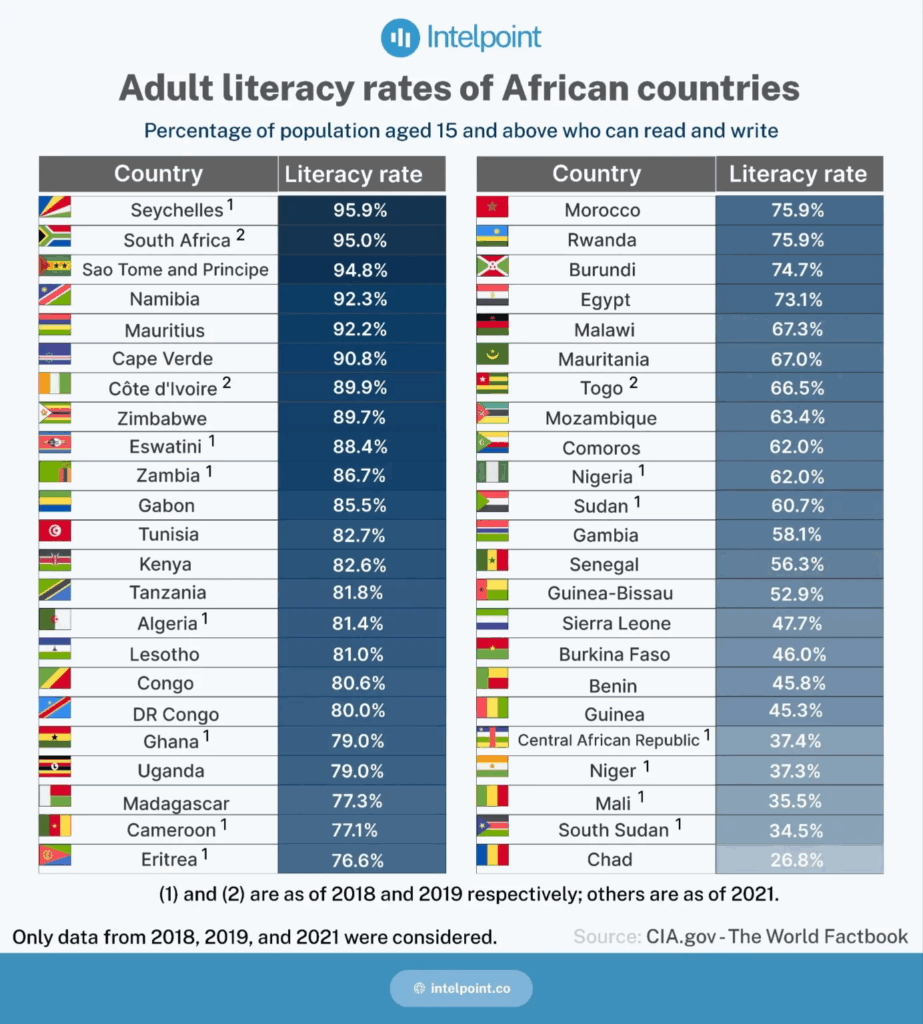
Alt: Adult literacy rates of African countries
Yet, the picture was far less encouraging in countries like Chad, which recorded the continent’s lowest rate, underscoring persistent structural and social challenges.
These disparities reveal the uneven pace of development across the continent.
Factors influencing national IQ levels
Considering recent OECD data and Gouillou’s research on global IQ trends, several key elements influence IQ. This includes education, healthcare, nutrition, and socio-economic status. Here’s a closer look at how each factor impacts IQ:
- Education: Stringent educational systems can significantly boost IQ. For instance, Japan records a 99% literacy rate and ranks 3rd in the 2024 PISA scores (math: 536, reading: 516).
- Healthcare: Access to prenatal care and low disease stats contribute to better development. For example, in the report under study, Singapore’s 2025 health statistics reveal a very low incidence of infectious diseases, aligning with its high IQ levels.
- Nutrition: The diet during early childhood plays a crucial role in brain development.
- Socio-economics: Higher economic levels help reduce cognitive bottlenecks.
Why East Asian countries lead the rankings
East Asian countries are leading the 2025 IQ rankings, with Japan at the top, followed closely by Taiwan. This performance is because of a deep-rooted cultural emphasis on education, heavily influenced by Confucian values.
These countries' investments in education and innovation are significant.
Japan, for example, had a 98% enrollment rate in early childhood education. Japan's Research and Development spending was approximately 3.41% of its GDP in 2022, and the Organisation for Economic Co-operation and Development (OECD) reported it was around 3.3% in 2021. This contributes to cognitive improvements.
Interestingly, environmental factors play a more significant role than genetics in these outcomes. The Flynn Effect, for example, indicates that IQ levels rise with improved nutrition and healthcare.
Are IQ scores enough to measure national intelligence?
IQ scores have long been used as a shorthand measure of national intelligence, but experts warn that they paint only part of the picture.
According to insights from DataPanda, national IQ averages often mirror access to quality education, nutrition, healthcare, and even socioeconomic stability.
A country’s cultural values and problem-solving traditions also shape how intelligence manifests beyond standardized tests.
While IQ data can highlight trends, reducing national intelligence to a single number risks oversimplification.

